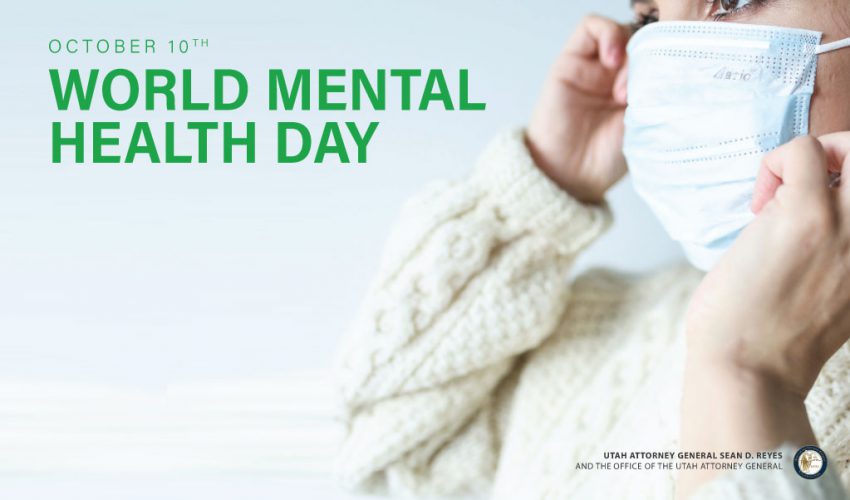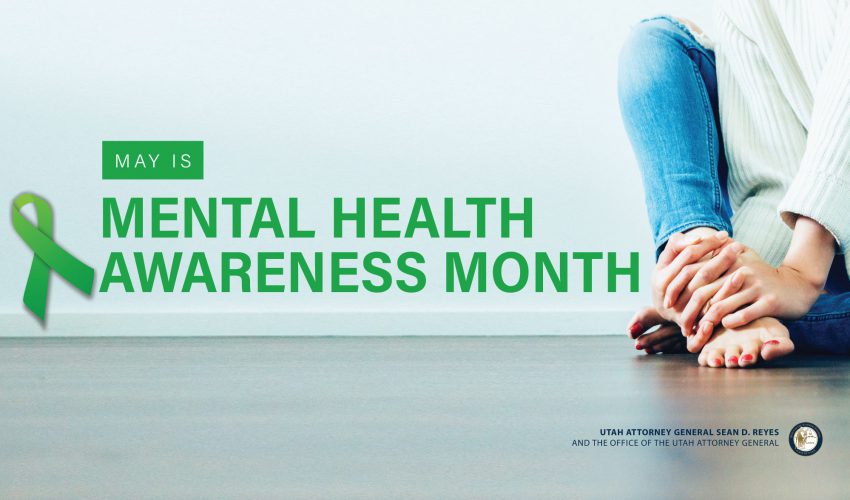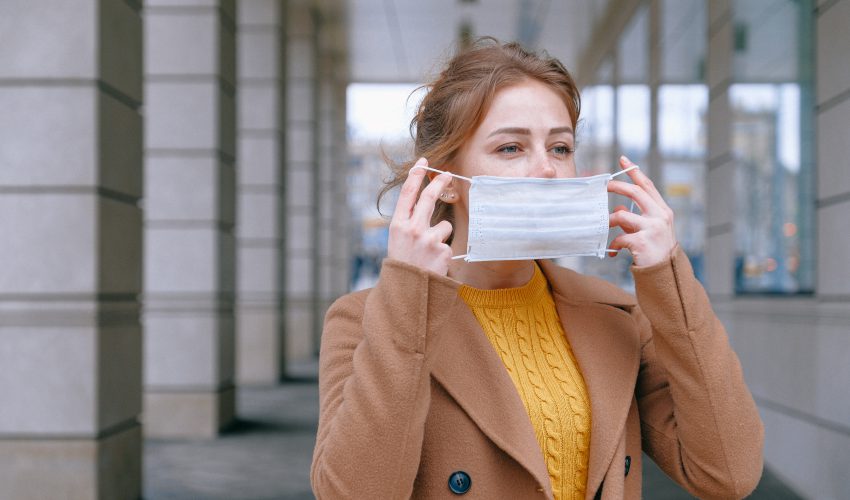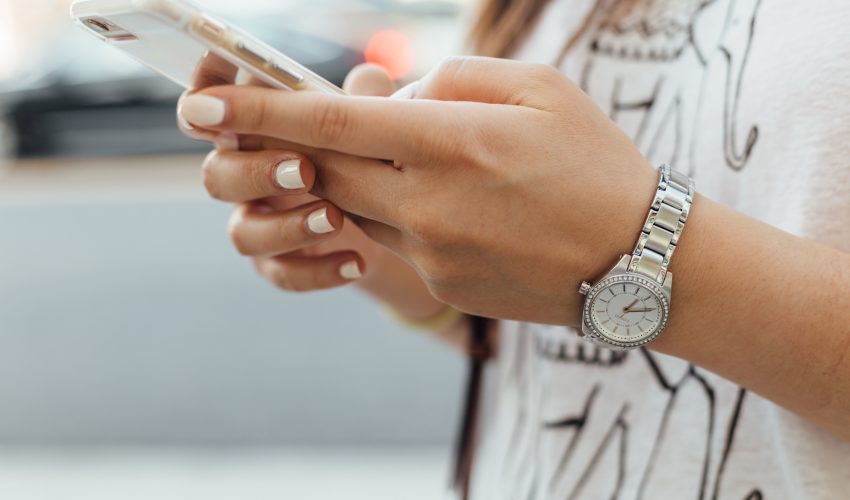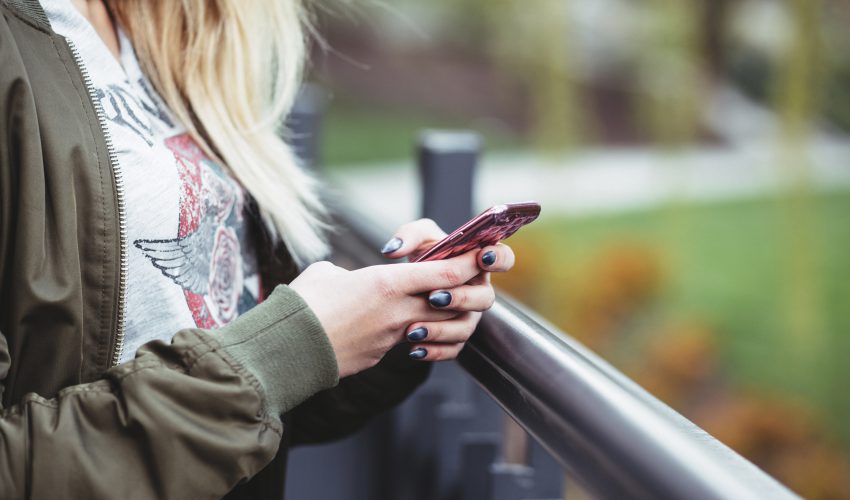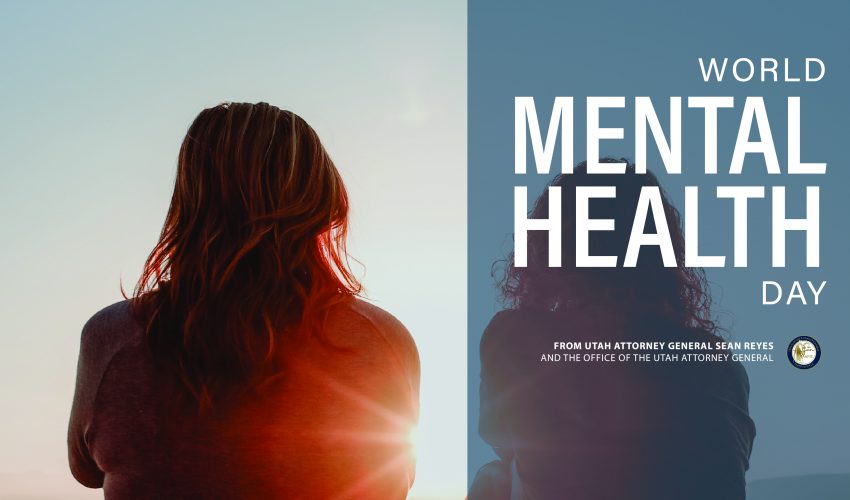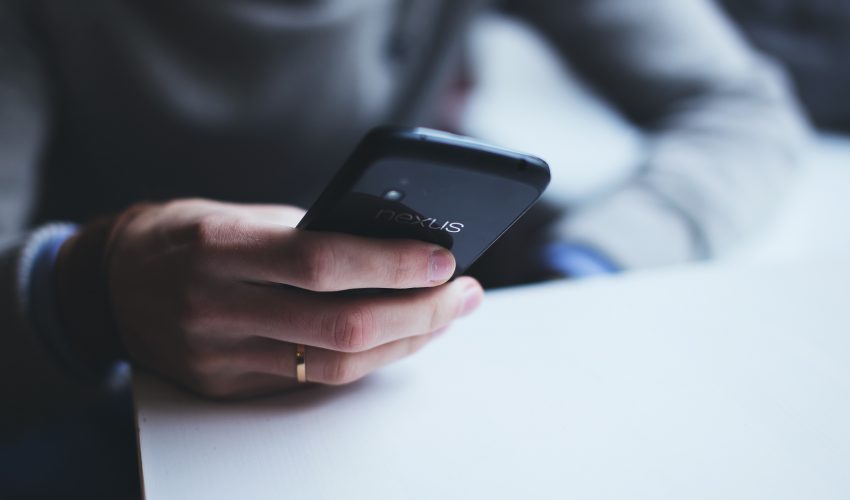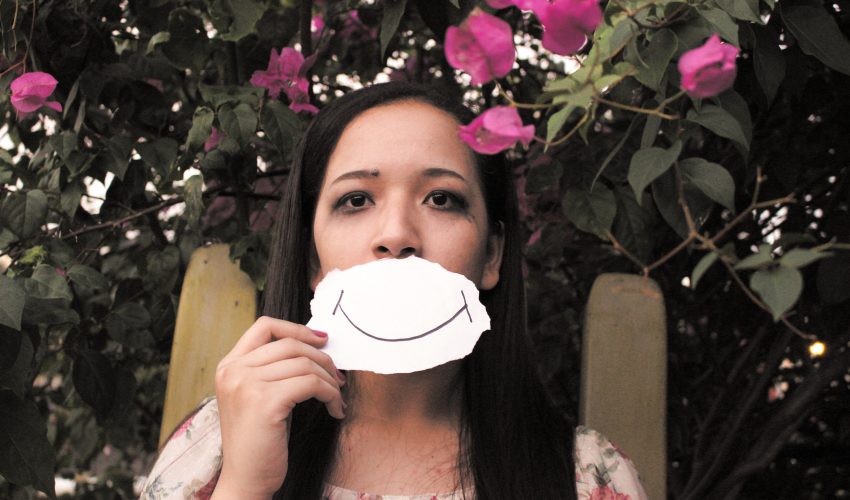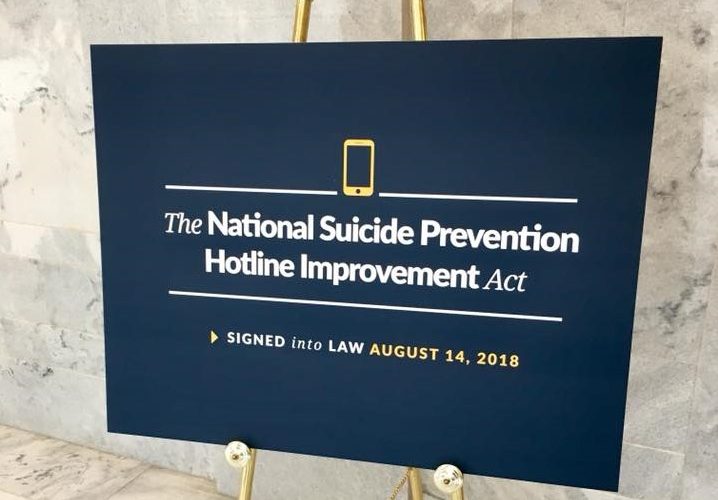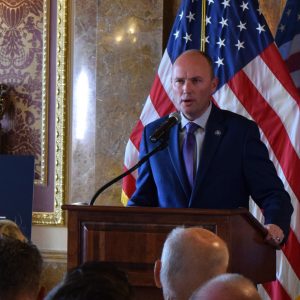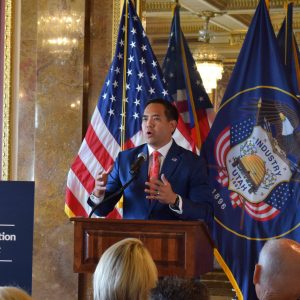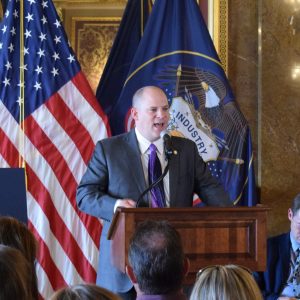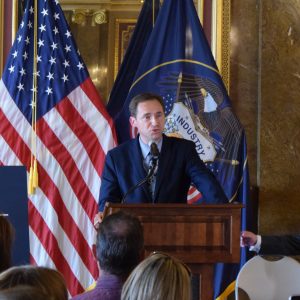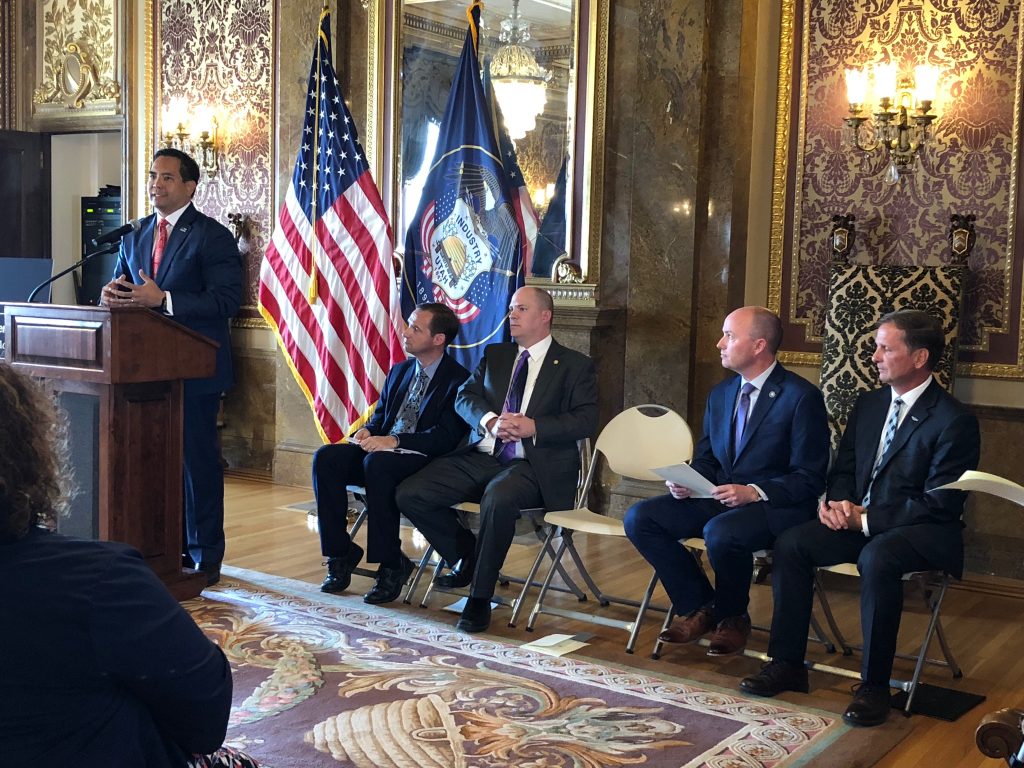October 10, 2020
Today for World Mental Health Day, we recognize the importance of looking after our mental health and the mental wellbeing of our loved ones in a year fraught with anxiety, depression, and stress.
This year has been incredibly challenging as our daily lives have been altered considerably as a result of the COVID-19 pandemic. Students have had to adjust to an online format for classes, contact with friends and family have been limited, many workers are facing threats to their livelihoods, and the fear associated with spreading COVID to our loved ones has increased as the cases continue to rise. Many are anxious about the future and worry for the economic consequences of the pandemic, while uncounted friends and family members are faced with the grief of losing their loved ones.
If you are struggling during this tumultuous time, it is normal and understandable. You are not alone in your struggles, and it is okay to ask for help if you are feeling overwhelmed, worried, or distressed.
Below are some tips and advice to help you look out for your mental health and help those who may need some extra support:
- Stay informed – Listen to the advice and direction from local authorities and health officials, and make sure your information is coming from trusted news sources – not just information you get from unverified social media posts.
- Keep in touch – Make sure you’re keeping in touch with your friends and loved ones, even if you have to be apart. Check in with them and let them know how you’re doing through online platforms or by phone.
- Keep up routines – Although the world may be constantly changing around you and affecting your normal schedules, try to keep up with your normal routines. Get up and go to bed at regular times, eat meals regularly, make time for working out, and set aside time to do what you love and enjoy.
- Minimize screen time – Having a constant flow of news throughout the day can make you anxious or depressed. Take breaks from social media and screens periodically.
If you need some extra emotional support, don’t hesitate to ask for help. Reach out to the lines below if you need to talk to someone:
- SafeUT – Download the free SafeUT app to message a crisis counselor. Available 24/7.
- National Suicide Prevention Lifeline – 1-800-273-TALK (8255). Available 24/7.
- Crisis Text Line – Text HOME to 741741. Available 24/7.
- Intermountain Health Care, free emotional health relief hotline – 833-442-2211. Available 10am to 10pm, 7 days a week.
- University Neuropsychiatric Institute (UNI) warm line – 801-587-1055. Available 8am to 11pm, 7 days a week.
- University Neuropsychiatric Institute (UNI) crisis line – 801-587-3000. Available 24/7.
Mental health is a priority for Attorney General Sean D. Reyes and the Utah Attorney General’s Office. In June 2020, the Federal Communications Commission (FCC) voted unanimously to designate 988 as the new three-digit suicide hotline, following the dedicated efforts of the Utah Attorney General’s Office and partners. This is an incredible step forward for prioritizing suicide prevention and ensuring the well-being of all Utahns and Americans.
Additionally, we recognize SafeUT and their dedication to providing mental health resources and crisis intervention for Utah’s students and educators throughout the COVID-19 pandemic. We are grateful for their efforts and encourage you to download SafeUT for free if you have not previously.
The Utah Attorney General’s Office is proud to partner with organizations such as the Jason Foundation, the SafeUT Commission, the University Neuropsychiatric Institute (UNI), and Life’s Worth Living Foundation. These organizations help raise awareness of the prevalence of suicide in the State of Utah and provide resources and education on suicide prevention.
